CBD offers therapeutic potential but comes with risks, particularly for the liver and kidneys. The effects are dose-dependent, and individuals with pre-existing conditions should take extra caution. Consultation with healthcare providers ensures that CBD use remains safe and beneficial.
Despite its growing acceptance, concerns about CBD’s effects on vital organs like the liver and kidneys have emerged. The liver plays a crucial role in metabolizing substances, including CBD, while the kidneys filter waste from the bloodstream.
Current research indicates that while CBD is generally considered safe, its impact on liver and kidney health is worth noting.
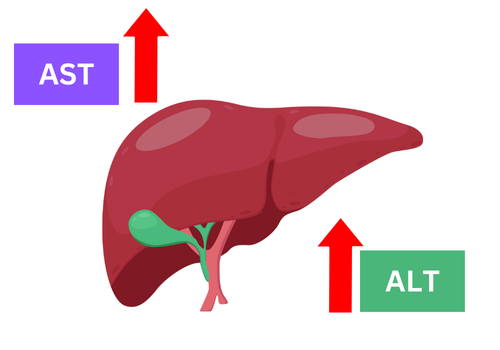
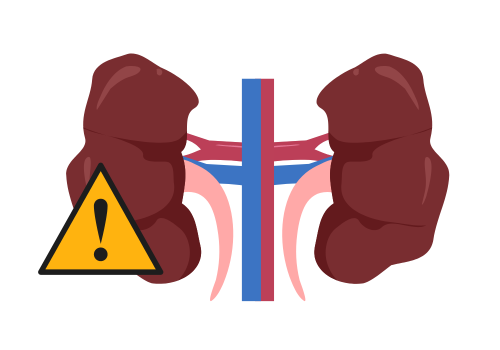
Understanding the impact of CBD on the liver and kidneys is crucial for consumers, especially those with pre-existing conditions.
Educating consumers, informing healthcare providers, and encouraging responsible use are vital steps in making informed decisions about CBD.
While CBD is generally safe, high doses can lead to elevated liver enzymes, a marker of potential liver damage.
High-Dose CBD and Liver Damage:
Recent studies have linked high doses of CBD to liver abnormalities in animals. Elevated liver enzymes are early indicators of liver stress, which could be worsened by substantial CBD intake.
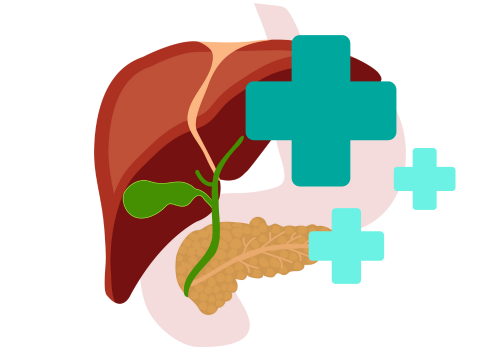
CBD’s Role in Liver Health:
Interestingly, CBD might also offer protective benefits, such as reducing alcohol-induced liver damage by mitigating oxidative stress and inflammation. These protective effects highlight the complexity of CBD’s interactions with the liver.
Research shows that doses above 1,000 mg/day may elevate liver enzyme levels, especially in individuals with pre-existing liver conditions. This dose-dependent relationship underscores the importance of moderation and consultation with healthcare professionals.

Current Understanding of Kidney Function:
Though less researched than the liver, CBD’s indirect effects on kidney function should not be ignored.
Creatinine is a key marker of kidney function, and current research offers mixed insights on how CBD affects it. While some studies suggest CBD might lower creatinine levels, more research is needed to confirm these findings.
CBD can inhibit enzymes that are crucial for drug metabolism, leading to increased bioavailability of some medications and potentially reduced effectiveness of others.
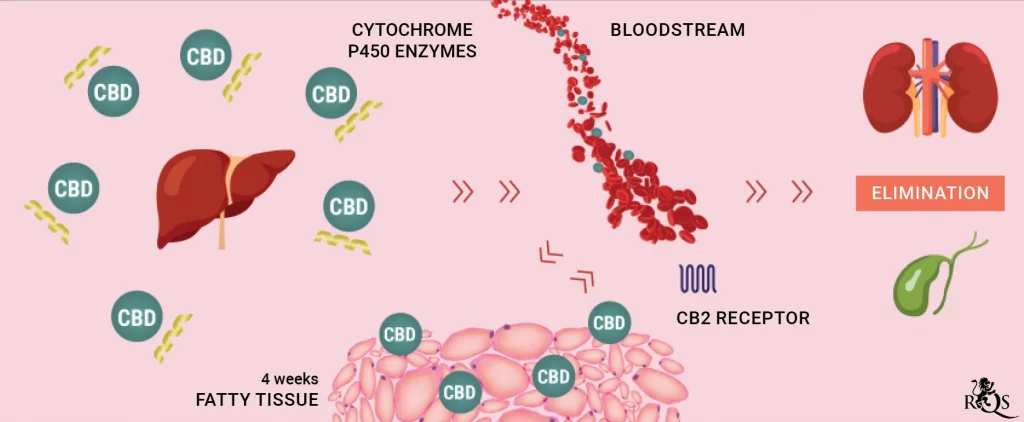
Before starting CBD, especially for those with liver or kidney concerns, it’s essential to:
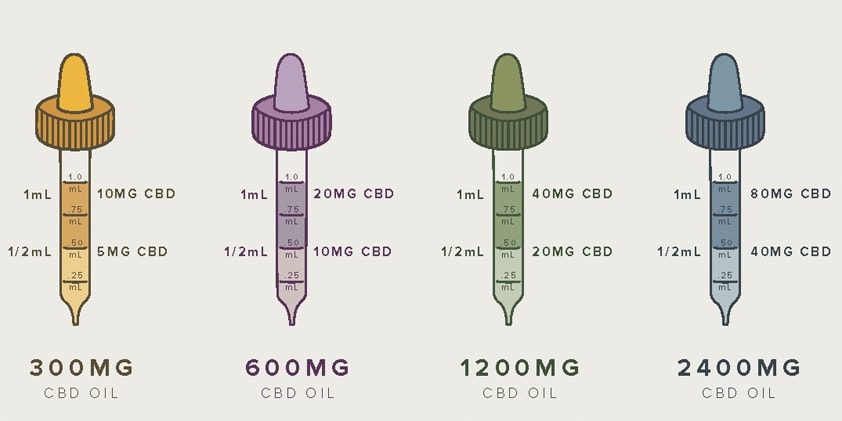

Therapeutic Uses of CBD Managing Chronic Pain with CBD Struggling with chronic pain? CBD might help. Studies suggest it can reduce inflammation and alleviate discomfort,...
Read More
Cannabis has been used for millennia to treat numerous health conditions. Current research offers promising results on the effects of CBD oil on breast cancer.
Read More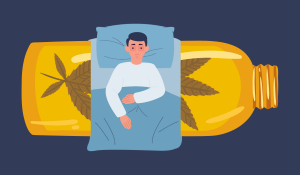
If you've ever wondered about using CBD for insomnia, you should know how CBD helps anxiety, stabilizes your sleep-wake cycle, and makes falling asleep easier.
Read More
CBD-infused salad dressing: Imagine a fresh, crisp salad enhanced with a light, herbaceous vinaigrette containing your daily dose of CBD. To create this, you’ll need...
Read More
1. What Is CBD and Why Is It a Game-Changer for Skin Health? CBD (cannabidiol) is a natural compound extracted from the hemp plant. Unlike...
Read More
The Legal Landscape of CBD The 2018 Farm Bill and Its Impact The signing of the Agriculture Improvement Act of 2018, commonly known as the...
Read More
Breakthrough #1: CBD’s Role in Chronic Pain Relief Chronic pain robs people of precious moments. A 2021 study in the Journal of Pain Research highlights...
Read More
Understanding Arthritis Pain Arthritis is a chronic condition that affects daily activities, from opening jars to taking walks. Here’s a look at the two most...
Read More
Types of Pain CBD May Alleviate CBD shows promise in managing various types of pain: CBD vs. Traditional Painkillers Traditional painkillers like opioids can be...
Read More
CBD Cream Side Effects – Focusing on Topical Applications How CBD Creams are Made Ever wondered how CBD creams come to life? It’s a fascinating...
Read More